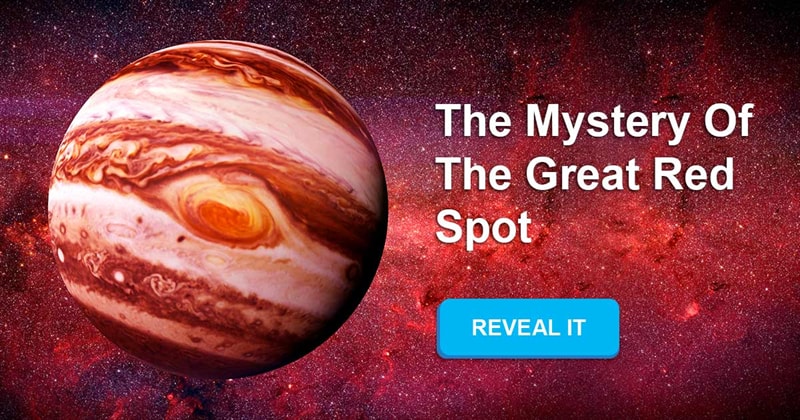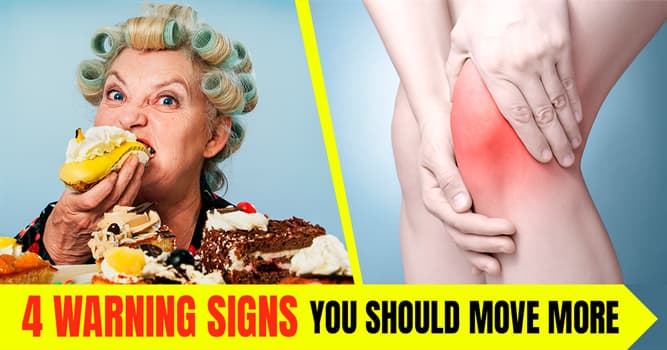Why is the great red spot so permanent on Jupiter?

I'd be cautious calling the Great Red Spot permanent. It is certainly long-lived, having been observed by astronomers for 348 years, now. Recent observations show it to be smaller than it has been. It is quite possible that it may go away, someday.
The short answer is that we don't have a definitive answer for the exact mechanisms. There is still a lot of research and debate about the exact mechanisms for the Great Red Spot and other anticyclones on Jupiter. A lot of the current thought is based around two different models - quasi-geostrophic (QG) and intermediate-geostrophic (IG). It's possible that the only way to resolve between those two models is to send probes into the atmosphere to get direct data.
But we do have pretty good consensus about some of the contributing variables.
The Great Red Spot is as tall as the Earth and almost three times as wide. At its narrowest point it is still six times the diameter of the largest hurricane measured on Earth. The first thing we should ask is why don't hurricanes on Earth last a very long time? Hurricanes feed off of the energy in the moist air above warm water. Typically hurricanes live until they pass over either cold water or land. On Jupiter, there is no cold water or land to pass over.
We should then ask, what else is different about Jupiter, that would affect the longevity of a cyclone? There are no boundary layers within the thin weather layer in Jupiter's atmosphere, which means there is very little dissipation. Jupiter rotates very quickly (resulting in a large Coriolis force). There is strong east-west shear. And the atmosphere is so thick that there is an almost limitless reservoir for energy.
There is pretty strong agreement that a vortex can become stable if it is fed by the shear in the bands above/below the vortex. Computer models reflect this and explain why anticyclones like the Great Red Spot last so much longer than cyclones, on Jupiter.
Do you know more facts about the great red spot? You are welcome to share your thoughts in the comments below!
Interesting Facts
7 photos to make you appreciate NATURE even more
7/4/2021
by
Della Moon
These photos will instantly make anyone a true nature lover.
4 signs you should be moving more
5/14/2021
by
Della Moon
Lack of movement can affect us in different ways and can even cause some long term harm. Check out 4 signs that you should start moving more.
7 amazing facts EVERYBODY should know!
7/22/2021
by
Della Moon
Keep reading to learn the least expected facts about a volcano that erupts blue lava, koalas and grasshoppers.
Surprising facts about the human heart
6/9/2021
by
brian l
Before humans knew anything about biology we knew the heart was essential to the human experience. Here are six facts about this amazing organ.
7 amazing facts about regular household objects
6/21/2021
by
Della Moon
Our appliances and furniture may seem like not the most interesting things in our life, but once you read these 7 cool facts you'll change your opinion about some of them.














